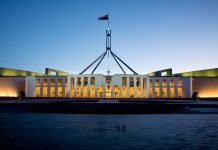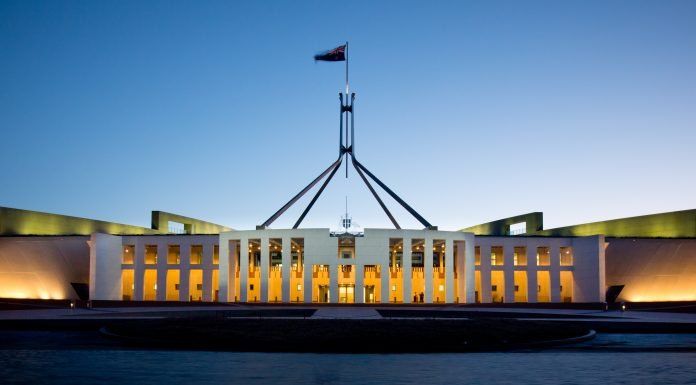In Australia, a significant portion of the population, accounting for over 10%, selflessly takes on the role of unpaid carers for their loved ones who suffer from chronic conditions, disabilities, or illnesses. These dedicated individuals, often without formal healthcare training, provide invaluable support to their dependents. However, the responsibilities of caregiving come with numerous challenges, affecting the carers’ social and financial status, as well as their mental and physical health. Recognising the importance of caring for the carers themselves, efforts are being made to ensure their well-being.
Today, the Australian Healthcare and Hospitals Association’s (AHHA) Deeble Institute for Health Policy Research released an Issues Brief titled “Prioritising Carers’ Health and Wellbeing in the Healthcare System.” This comprehensive study examines the pressures faced by carers, the limited support currently available to them, and how clinicians and the healthcare system can effectively safeguard their health and well-being.
Co-authored by 2023 Deeble Scholar Dr Natalie Winter from the Institute for Health Transformation at Deakin University, this Brief sheds light on the challenges faced by carers and proposes strategies to address their needs. The scholarship program supporting this research is sponsored by HESTA.
Kylie Woolcock, Chief Executive of AHHA, highlights the lack of comprehensive data on carers in Australia and their specific needs. She emphasises that carers not only make a significant contribution to their families but also save the government over $77 billion in healthcare spending in 2020 alone.
Woolcock points out that the current recognition of carers’ contributions does not adequately focus on improving their long-term health outcomes. While frameworks exist to assess carers’ needs, they have not been implemented in a way that provides comprehensive national data to guide government spending and resource allocation for carers effectively.
The Issues Brief recommendations include:
- Develop a nationally implemented framework for assessing carers’ outcomes during clinical encounters that will assist service referrals and monitor wellbeing. Comprehensive data related to carers’ well-being, service use, and clinicians’ knowledge of carer assessments are needed to inform the allocation of government spending and distribution of services for carers.
- Co-design a health care system that includes carers and is fit for purpose. Current healthcare standards and principles, and models of care must acknowledge and support carers as separate consumers who have unique needs.
- Implement strategies to support change including education for practicing clinicians and undergraduates; and the allocation of MBS funding to conduct care assessments and fund support services across primary, secondary, and tertiary healthcare.
- Implement a permanent and ongoing evaluation to ensure that carers’ health and wellbeing continue to be supported and that government funding is optimised. These data should be collected two-yearly, similar to current nationwide health and well-being data.
Carers play a vital role in Australia’s healthcare system, and it is crucial to prioritise their health and well-being. By implementing these strategies, the healthcare system can better understand and address the needs of carers, ensuring they receive the necessary support and recognition for their remarkable contributions.










